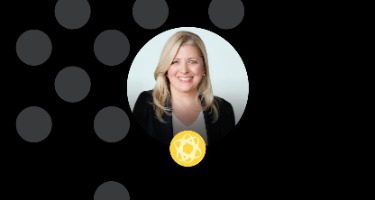How do you think firms/companies can develop environments fertile for success?
One of the best ways employers can foster an environment fertile for success is by training employees to recognize and correct for their implicit biases. This helps to create a workplace culture where employees are more likely to have the opportunity to succeed on the basis of their merit.
Harvard University’s Project Implicit continues to demonstrate the numerous ways in which each of us harbors—often unknowingly—associations between certain types of people and their perceived strengths and weaknesses. By learning how to identify our implicit biases, we can re-design our processes and systems to try to protect against these biases and protect against our own biases when making decisions.
What strategies do you employ to win business?
For me, the best strategy to win business has been maintaining real, authentic relationships with people from a variety of stages of my life. In my experience, clients hire lawyers, not law firms. Some of my clients hired me because we were already friends, and others hired me because I was referred to them by someone they trusted. Each and every client came to me as a result of my personal relationships, and many of my clients have become my friends over time.
By what standards do you measure success?
I think each of us can only measure success by our own standards. There is no one measure of success. One of the best things about getting older, for me, has been gaining the confidence to benchmark my success against myself and my goals as opposed to against other people.
For me, success has meant reaching a point where I have control over my career. I am able to decide what kind of work I want to be doing, how many hours I want to be billing, and from where I want to work each day or whether I’d like to take a morning off so I can go with my daughter to her music class. My vision of success—today—isn’t about maximizing the dollars I take home or the prestige of the name on my business card (although both things are important to me), but instead, it’s about exercising control. By having increased control over my career, I am also able to devote time to other things that are also important to me, such as my volunteer service and my family. My vision of success may be very different 10 or 20 years from now.






























